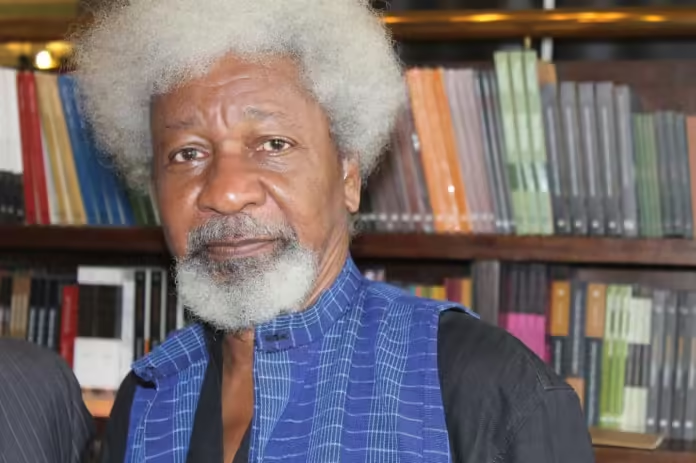President Tinubu has renamed the National Theatre in Iganmu, Surulere, as the Wole Soyinka Centre for Culture and the Creative Arts. This announcement was made in a heartfelt birthday tribute to Professor Wole Soyinka, celebrating his 90th birthday. Tinubu praised Soyinka as a global icon and national treasure, highlighting his achievements as the first African to win the Nobel Literature Prize in 1986.

The celebrations honoring Soyinka included a symposium and poetry reading in Rabat, Morocco, organized by the Academy of the Kingdom of Morocco and the Pan African Writers Association (PAWA). These events underscored Soyinka’s global influence and the immense respect he commands worldwide.
In his tribute, President Tinubu commended Soyinka’s remarkable contributions to literature, his unwavering dedication to human rights and justice, and his courage in speaking truth to power. Soyinka’s legacy as a playwright, poet, actor, and political activist was celebrated, with Tinubu noting his bravery in the face of oppression and his role in advocating for democracy and justice.
President Tinubu reflected on Soyinka’s courage, particularly during Nigeria’s civil war, and his resilience during his imprisonment. Soyinka’s early works, such as “The Lion and the Jewel” and “Death and the King’s Horseman,” were praised for their innovative storytelling and commitment to social justice.
Tinubu also recalled their shared struggle for democracy in Nigeria following the annulment of the June 12, 1993, presidential election. Soyinka’s efforts in exile to galvanize opposition and restore democracy were highlighted as significant contributions to Nigeria’s political landscape.
President Tinubu expressed his admiration for Soyinka’s profound influence on generations of writers, scholars, and activists. He celebrated Soyinka’s enduring spirit and his ability to use literature and drama as powerful tools to challenge the status quo. Tinubu wished Soyinka continued health and creative fulfillment in the coming years, hoping he would continue to inspire future generations.
By: Ebubedike Ochu




